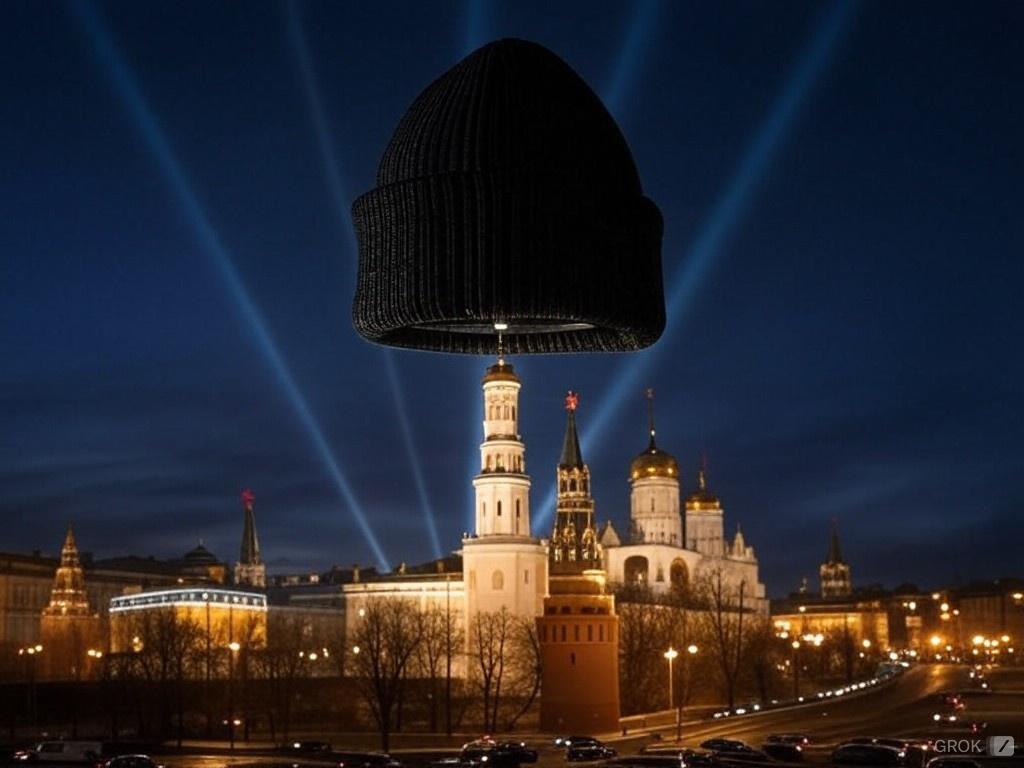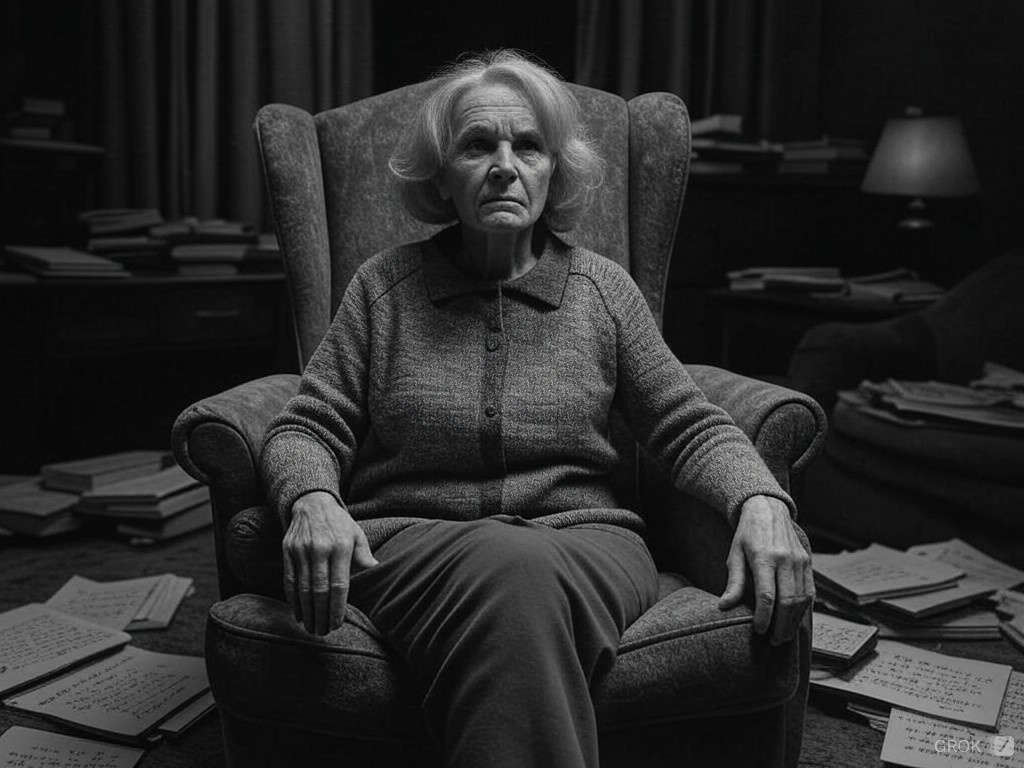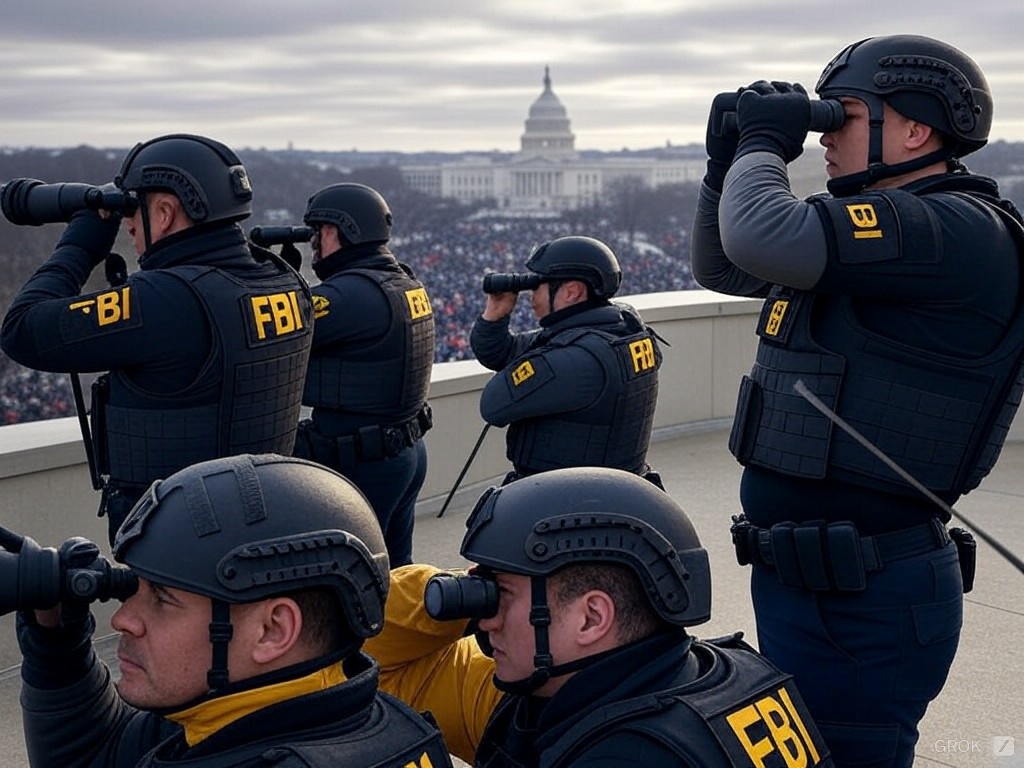Answer
The Frank Church Committee, officially known as the U.S. Senate Select Committee to Study Governmental Operations with Respect to Intelligence Activities, was established in 1975 under the leadership of Senator Frank Church (D-ID). Here’s an overview based on the information available up to October 31, 2024:
- Purpose: The committee was formed in response to revelations of intelligence abuses by agencies like the CIA, NSA, and FBI. Its purpose was to investigate these practices, which included domestic surveillance, assassination plots against foreign leaders, and experimental programs on U.S. citizens without their consent.
- Findings:
- Operation MKULTRA involved experiments with mind control, including LSD administration to unwitting subjects.
- COINTELPRO was a program where the FBI infiltrated and surveilled political and civil rights groups.
- Operation SHAMROCK saw major telecommunications companies sharing their traffic with the NSA for surveillance purposes.
- The committee also looked into potential assassination plots, including those possibly linked to the assassination of President John F. Kennedy.
- Reforms and Legacy:
- The committee’s work led to significant legislative reforms aimed at preventing such abuses, including the establishment of the Senate Select Committee on Intelligence in 1976 for ongoing oversight.
- It influenced the creation of the Foreign Intelligence Surveillance Act (FISA) in 1978, which set up legal requirements for surveillance, including the need for warrants from a special court.
- Significance:
- The Church Committee’s investigations highlighted the tension between national security and civil liberties, prompting discussions on the extent of governmental power in surveillance and operations.
- Its findings and the subsequent reforms it inspired continue to be referenced in contemporary debates over privacy, surveillance, and intelligence oversight, especially in light of events like the Edward Snowden leaks.
- Public and Political Impact:
- The committee’s work was part of a broader era of increased scrutiny on government, following the Watergate scandal. It exemplified a moment where governmental overreach was publicly challenged and led to significant reforms in intelligence gathering.
- Cultural Reference: Over time, the Church Committee has been referenced in discussions about government transparency, surveillance capabilities, and the balance between security and privacy, often brought up when new surveillance technologies or practices come to light.
The Frank Church Committee remains a pivotal example in American history of Congress taking action to investigate and curb potential abuses by intelligence agencies, aiming to ensure they operate within the confines of the law and respect constitutional rights.






